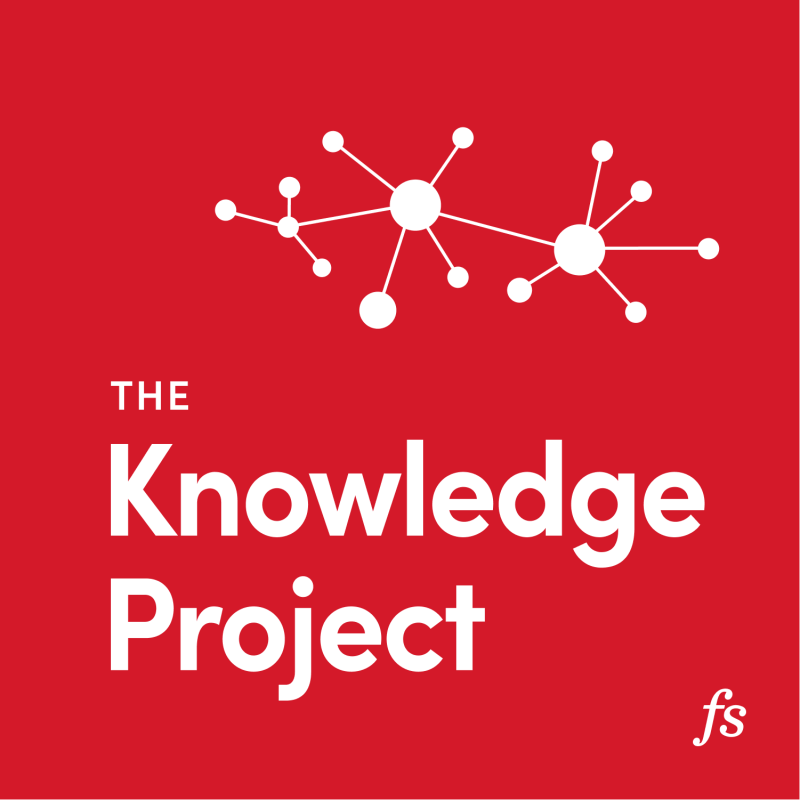Author, educator, entrepreneur, and hedge fund advisor, Adam Robinson (@IamAdamRobinson) returns for part 2 of our fascinating discussion. We talk chess, AI, handicapping horse races, and the secret to learning that nobody is teaching.
Now available on: Apple Podcasts | Spotify | Transcript
This is the second half of my interview with author, educator, and hedge fund advisor, Adam Robinson. If you missed the first half, I’d recommend catching up here.
In this episode, Adam and I continue our discussion about education and effective learning, and then transition into chess, how to rapidly improve at any skill, and whether or not we should worry about AI destroying humankind forever.
This is not an episode you’ll want to miss.
Here are a few excerpts from the last half of our conversation:
Human beings have a limited processing ability. Our brains have very little working memory. We can’t maintain a whole lot of information in our head at any one point. Because of that limited processing ability we have a hard time with too much information. So we like to think that the more information we get the “better informed” we are, and will make better decisions. But that’s not true.
One of my favorite investment questions is, “What would I need to see to change my view?” And if you’re dealing with dozens of variables there’s no way that you can change your view. There’s just too much information to keep in mind, the way they all interact.
The key to learning any skill — if there’s anything I said today that was super important — the key to learning any skill, is to rehearse it. Break it down into sub-skills and then rehearse each of those skills. If you’re doing something other than that, you’re wasting your time.
In everyday life, how do we get feedback? Boy, I think sometimes you just have to ask. Here’s a question I wanted to ask friends. “What do people know about Adam that Adam doesn’t know about Adam?”
That program had no human intervention. They just gave it the rules. And this is what was fascinating about it. It recreated all human knowledge of the game on its own. Now imagine that computer is unleashed, not in the domain of chess, but in other domains. It’ll totally recreate everything we know and then go beyond it in hours.
Some kind of data you can figure out how they would get. But remember, the value of your data is when they cross-reference it with other people. The value emerges not just because Shane is using Google but lots of other people are and they’re able to use statistics and machine learning to find patterns so that they uncover things about Shane that even Shane didn’t know.
One of the problems with algorithms is they just get embedded into our daily lives and then they execute with relentless, ferocious, unforgiving efficiency, 24-7. And we don’t even know why they’re doing the things they’re doing. Human beings can’t understand the algorithms. They’re too complex. They just execute. So we have some hard choices, not just as a country, but as a planet.
In the United States you don’t really begin to specialize and to go into depth until graduate school. I don’t know why they do that. Instead, it would be much better if you learned one or two subjects really well and then branch out from there.
And I said “Are you aware that you are signaling that you’re not listening to the other person?” And she was dumbfounded. She’d gone to Columbia University, I mean a good school — a great school. She said, “No one’s ever told me that before.” I mean, I was giving her feedback as a mentor. And she was stunned.

